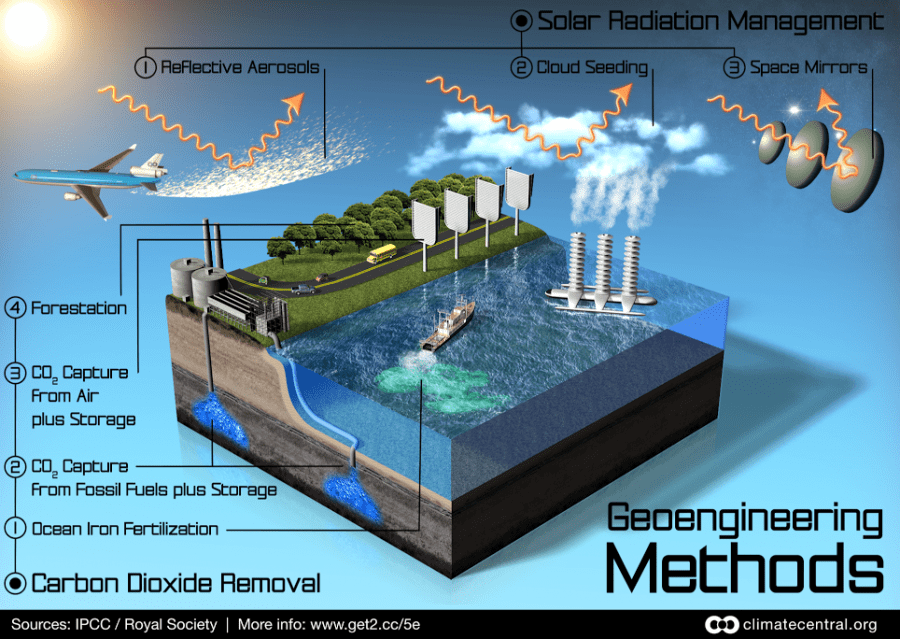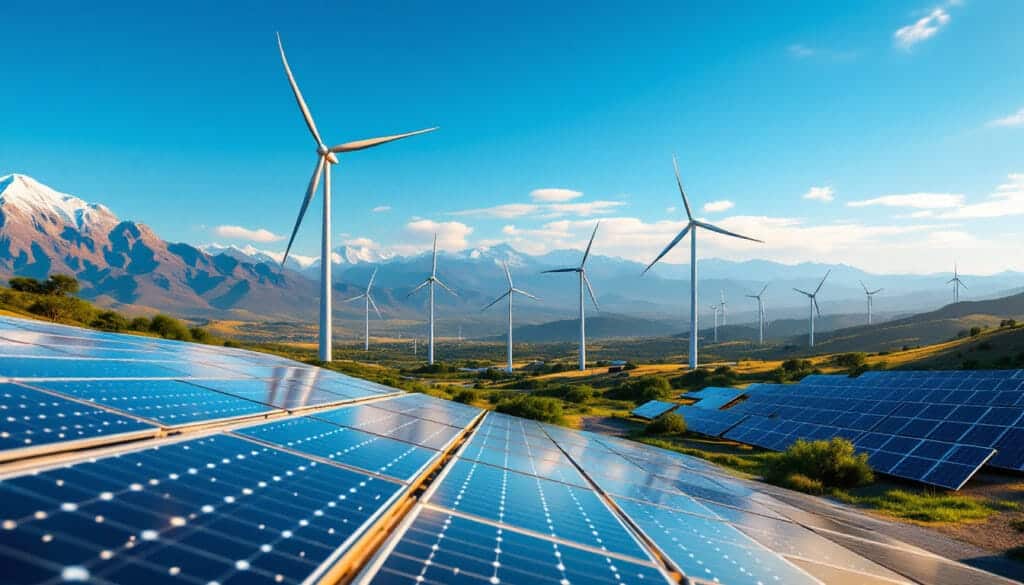France out of sync with its climate commitments: a need to revisit our approaches?
The current climate situation requires concrete and immediate actions to limit global warming. Despite the commitments made by France regarding ecological transition, the results are slow to materialize. In light of this alarming observation, it becomes imperative to revisit our approaches and implement more effective actions to achieve our environmental goals.
Table des matières
ToggleThe diagnosis of the gap

France, despite ambitious climate commitments, struggles to align its reality with the goals set by the Fit for 55 pact. The National Integrated Energy-Climate Plan (PNIEC) of 305 pages, submitted to Brussels on July 10, reveals that strategies to reduce greenhouse gas emissions by 55% by 2030 are still vague and incomplete.
While some areas, such as the reduction of primary and final energy consumption, show notable gaps compared to European expectations, France argues that the decarbonization of industry, through increased electrification, complicates the achievement of set goals. In 2024, France is expected to finally reach the target of 23% renewable energy in final consumption, a target initially set for 2020.

Insufficiency criteria
Several aspects show that France does not comply with the ambitions of the Fit for 55 pact:
- The objectives for reducing primary and final energy consumption are far from being achieved.
- The absence of quantified targets for agri-energies such as agrivoltaics, biogas, or biofuels.
- The social justice dimension is barely mentioned, with the exception of the energy check and energy renovation.
The urgency of a reevaluation
To overcome these deficits, a reevaluation of the available biomass and a more pragmatic prioritization of agricultural land use are necessary. These lands, currently allocated 70% to livestock farming, require a strategic overhaul to better serve energy goals. The potential of carbon sinks in the agri-wood-forest sectors, affected by global warming, also needs to be better assessed.
Structural transformation necessary
The creation in 2017 of a large ministry for Ecological and Social Transition, which included transport and housing, allowed for the unlocking of certain issues. However, the fragmentation of the Ministries of Energy, Ecological Transition, Building, and Agri-energy has proven ineffective. A coherent and unified energy-climate programming law is essential to unite economic actors and parliamentarians.
Pour respecter nos engagements climatiques, nous devons réduire nos émissions de CO2 à 2 tonnes par an et par personne.
— Reporterre 🌍 | Le média de l'écologie (@Reporterre) June 9, 2024
Mais que faut-il changer en priorité ?
Les réponses du chercheur Mike Berners-Lee, qui y a consacré un livre.
⏰ 13/03/2024 ⬇️https://t.co/DTt3HSLC4I
Proposals for effective governance
- A super ministry in charge of Agriculture, Energy, and Climate.
- Clear and quantified targets for agri-energies.
- A detailed adaptation plan for each economic sector, particularly agriculture.
Monitoring table of commitments
| Commitments | Achievements |
| Reduction of emissions by 55% by 2030 | Strategy not finalized |
| Renewables target for 2020 | Expected for 2024 |
| Agri-energies | Absence of clear targets |
| Social and energy justice | Initiatives limited to the energy check and energy renovation |





